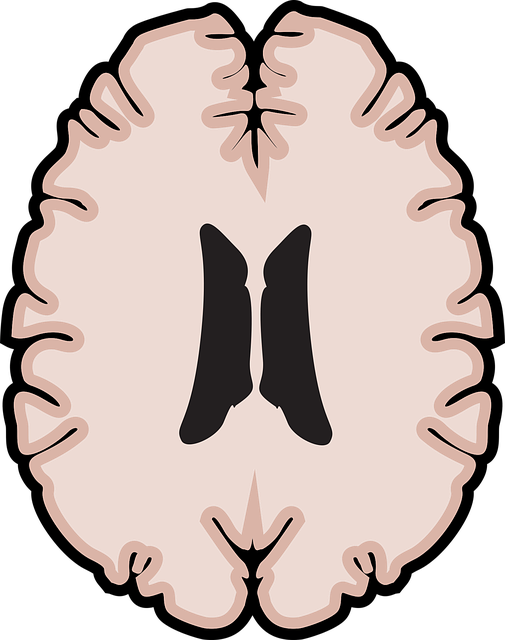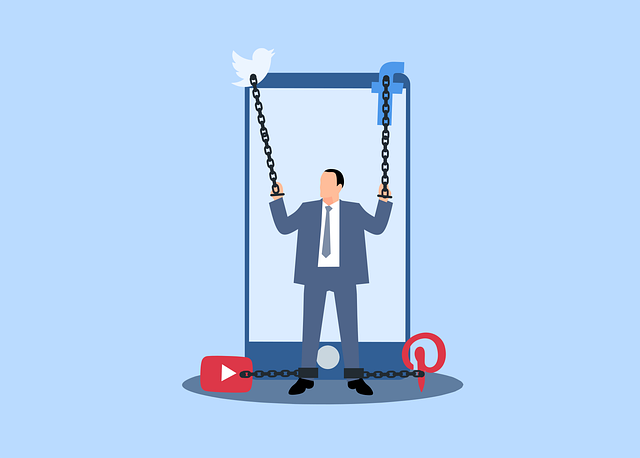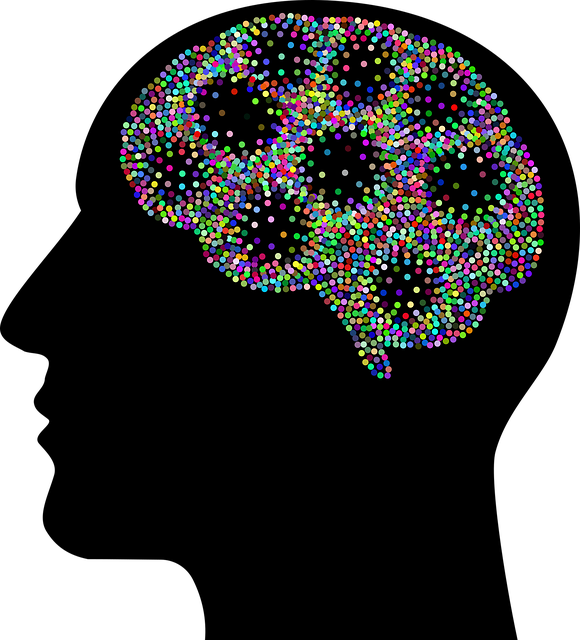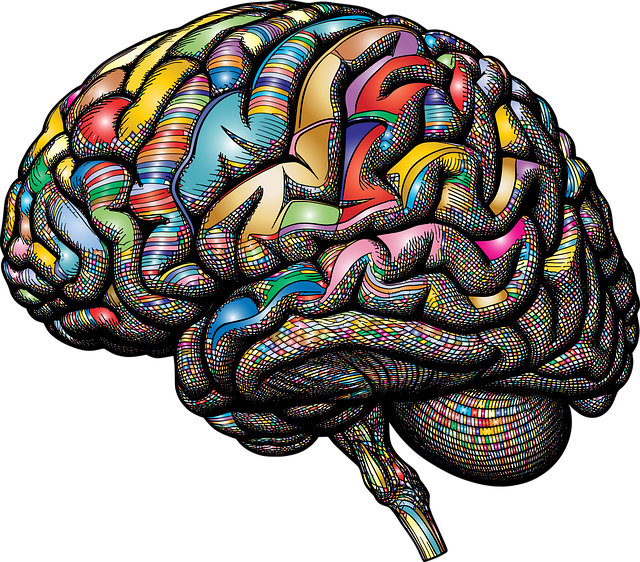App developers aiming to create wellness-focused applications, particularly those inspired by Louisville Dialectical Behavioral Therapy (DBT), must understand mental health as more than just absence of illness. They should address diverse issues from anxiety and depression to complex disorders like borderline personality disorder through self-awareness tools, emotion regulation techniques, and coping strategy development. Cultural sensitivity is key for a diverse audience. Integrating DBT's evidence-backed methods, personalized therapy sessions, mood tracking, community forums, and empathy-building features creates effective digital mental health tools. Success in marketing and user engagement involves highlighting unique features, collaborating with advocates, fostering communities through group discussions, peer support, and gamification, plus incorporating feedback loops for data-driven improvements.
Mental wellness apps are gaining prominence as tools for managing and improving psychological health. This article delves into the development of such applications, starting with an exploration of mental health’s broader impact and its growing digital solutions. We highlight the unique approach of Louisville Dialectical Behavioral Therapy (DBT) as a successful model. Subsequently, we discuss key features and considerations for app design, along with marketing strategies to enhance user engagement within this vital sector.
- Understanding Mental Health and Its Impact: Setting the Stage for App Development
- Louisville Dialectical Behavioral Therapy (DBT): A Unique Approach to Mental Wellness
- Designing an Effective Mental Wellness App: Features and Considerations
- Marketing and User Engagement Strategies for Mental Health Apps
Understanding Mental Health and Its Impact: Setting the Stage for App Development

Understanding mental health is paramount when developing apps focused on wellness. It’s not just about absence of illness but a state of well-being, encompassing emotional, psychological, and social aspects. In the context of Louisville Dialectical Behavioral Therapy (DBT), app developers must grasp that mental health issues are diverse, from anxiety and depression to more complex conditions like borderline personality disorder.
Addressing these challenges requires tools that foster self-awareness, regulate emotions, and build coping strategies. Incorporating features for Mental Wellness Journaling Exercise Guidance can empower users to track moods, identify triggers, and practice mindfulness techniques. Cultural Sensitivity in Mental Healthcare Practice is another critical aspect, ensuring apps resonate with a broad audience by reflecting diverse cultural perspectives and therapeutic approaches. By prioritizing these considerations, developers contribute to the development of effective digital tools that support individuals in cultivating inner strength and navigating their mental health journeys.
Louisville Dialectical Behavioral Therapy (DBT): A Unique Approach to Mental Wellness

Louisville Dialectical Behavioral Therapy (DBT) offers a unique and highly effective approach to mental wellness, focusing on both individual and group therapy sessions. This comprehensive method combines cognitive-behavioral techniques with mindfulness practices, providing individuals with powerful tools to manage intense emotions and distressing thoughts. DBT is particularly renowned for its effectiveness in treating complex emotional disorders, including borderline personality disorder (BPD), substance use disorders, and anxiety relief.
The program emphasizes skill building in four key areas: mindfulness, emotion regulation, distress tolerance, and interpersonal effectiveness. Through structured Social Skills Training sessions, individuals learn to navigate social interactions with confidence, fostering healthier relationships and reducing isolation. Moreover, Louisville DBT places a strong emphasis on self-care, teaching clients techniques for stress management and promoting a sense of balance in daily life. This holistic approach has proven successful in helping individuals develop coping mechanisms that enhance overall mental wellness.
Designing an Effective Mental Wellness App: Features and Considerations

Designing an effective mental wellness app requires a thoughtful blend of features that cater to various aspects of mental health support. Incorporating elements like personalized therapy sessions, mood tracking tools, and community forums can create an engaging and comprehensive digital experience for users seeking emotional well-being. For instance, incorporating Louisville Dialectical Behavioral Therapy (DBT) techniques within the app allows for structured, evidence-based practices tailored to individuals dealing with complex emotional challenges.
Beyond core functionalities, cultural sensitivity in mental healthcare practice is a critical consideration. App developers must ensure that content and design choices are inclusive and respectful of diverse user backgrounds. Effective risk management planning for mental health professionals is also essential, integrating strategies such as crisis intervention protocols and secure data handling to foster a safe and supportive digital environment. Empathy-building features can further enhance the app’s impact by encouraging self-reflection and fostering connections among users navigating similar journeys.
Marketing and User Engagement Strategies for Mental Health Apps

Marketing and user engagement are critical components for the success of any mental wellness app, including those offering Louisville Dialectical Behavioral Therapy (DBT) techniques. To attract users, apps should emphasize their unique value proposition, such as personalized therapy sessions or innovative self-awareness exercises tailored to individual needs. Leveraging social media platforms and collaborating with mental health advocates can help reduce the stigma associated with mental illness, encouraging more people to give these tools a try.
Effective engagement strategies involve creating an inviting and inclusive community within the app. This could be through group discussions, peer support features, or gamification elements that motivate users to consistently practice self-care. By fostering a sense of belonging, these apps can build loyalty and encourage user retention. Additionally, integrating feedback loops allows developers to understand user preferences, enabling them to make data-driven improvements, ultimately enhancing the overall therapeutic experience.
The development of mental wellness apps, informed by innovative approaches like Louisville Dialectical Behavioral Therapy (DBT), offers a promising path toward better mental health support. By incorporating evidence-based techniques and user-centric design, these applications can effectively cater to diverse needs. Marketing strategies focused on raising awareness and fostering engagement are crucial for ensuring their success. With careful consideration of features, privacy, and accessibility, mental wellness apps have the potential to revolutionize access to care, making professional support more attainable and inclusive in today’s digital landscape.














